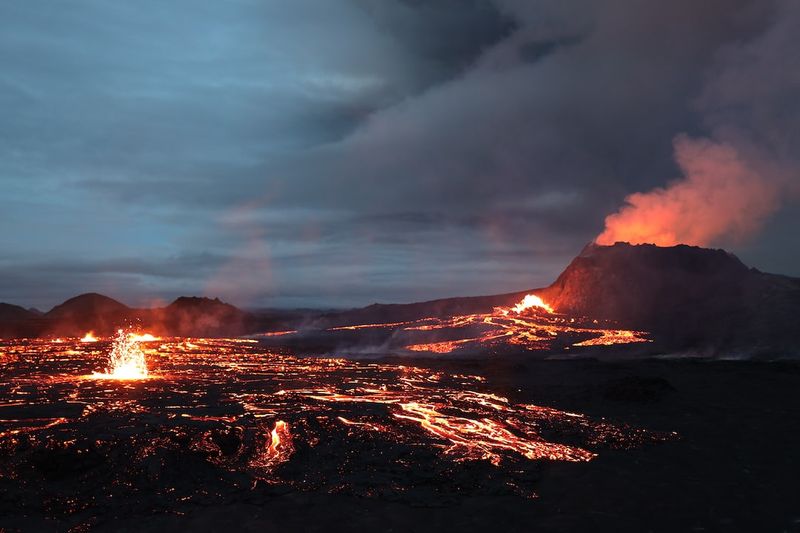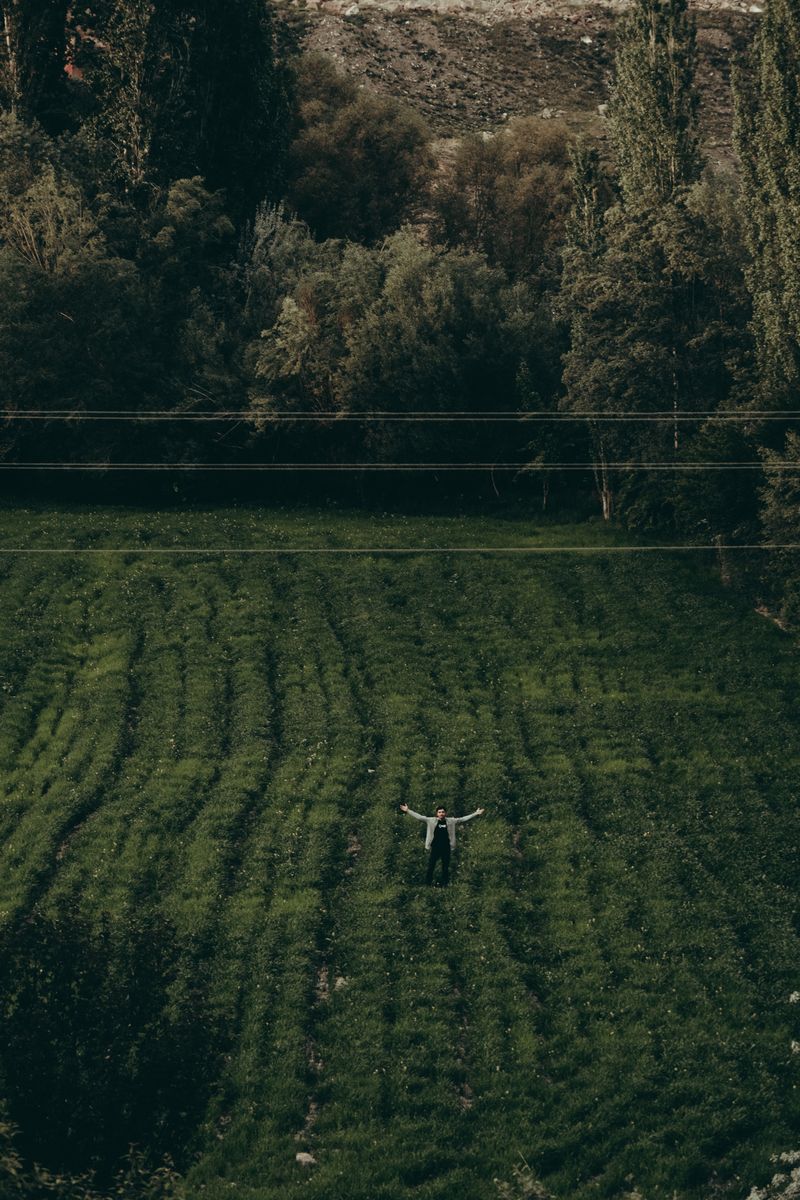Volcano Eruption in Iceland Slowing Down, Gas Pollution Eases
Introduction
A recent volcanic eruption in Iceland near the capital city of Reykjavik is gradually slowing down, and the levels of gas pollution are starting to decrease, according to experts. While this is positive news, authorities are advising residents to continue staying away from the volcano due to the toxic gases it is emitting. The eruption, which took place at the Litli Hrutur volcano, situated approximately 60 km (37 miles) from Reykjavik, has attracted attention from some individuals attempting to approach the site. However, it is crucial to exercise caution and follow the guidelines set by authorities to ensure personal safety and the protection of the surrounding environment.
The Current Situation
The Icelandic Met Office, known as Vedur, has reported a significant decrease in the intensity of the volcanic eruption. Nevertheless, individuals are strongly advised to avoid the restricted eruption site. The Litli Hrutur volcano has become a popular destination, with people attempting a 9-kilometer (5.6 miles) uphill walk from the nearest car park to witness the eruption. Hjordis Gudmundsdottir, a spokesperson at the department of civil protection and emergency management, emphasizes that although it is not currently dangerous to be outdoors, the situation remains unpredictable. She cautions against allowing children near the area, even after the restrictions are lifted.
Gas Pollution and Precautions
Initially, the Met Office had warned about high gas pollution in the vicinity of the eruption. However, they clarified that there is no ash being released. The hazardous gases are expected to primarily affect the Fagradalsfjall area, located south of the eruption site, away from densely populated regions. The Vedur weather forecast map provides valuable information regarding the expected distribution of these gases.
Residents of the Reykjanes peninsula were urged by the department of civil protection and emergency management to close windows and turn off ventilation in their homes as a precautionary measure. This advice was given to minimize exposure to potentially harmful gases.
Expert Analysis
Magnus Tumi Gudmundsson, a geophysics professor at the University of Iceland, hailed the decreasing intensity of the eruption as good news. He mentioned that the event is classified as a fissure eruption, which typically does not result in large explosions or significant amounts of ash reaching the stratosphere. This assessment provides some relief to residents as it decreases the potential for more widespread hazards.
Philosophical Discussion
Volcanic eruptions, such as the current one in Iceland, bring to light the delicate balance between humans and natural forces. These events remind us of the power and unpredictability of nature and our limited control over it. Despite the allure and fascination that volcanic eruptions hold for some, it is crucial to remember that these phenomena can pose significant risks to human life and the environment.
The Ethics of Risk-Taking
The temptation to experience nature’s raw power up close often drives people to venture dangerously close to erupting volcanoes. This desire for thrill-seeking raises questions about the ethics of risk-taking. While it is essential to appreciate the awe-inspiring nature of volcanic eruptions, it is equally important to prioritize safety and adhere to the guidance provided by experts and authorities.
Protecting the Environment
Volcanic eruptions can have significant environmental impacts, particularly through the release of gases and lava. The decrease in gas pollution near the current eruption site in Iceland is a positive development. However, it is imperative that local authorities and environmental organizations monitor the situation closely and take appropriate steps to mitigate any long-term effects on the environment.
Editorial and Advice
While the volcanic eruption in Iceland is gradually slowing down and gas pollution is easing, it is crucial for individuals to remain cautious and prioritize their safety. Authorities have advised residents to stay away from the restricted eruption site and to follow instructions even after the restrictions are lifted.
For those interested in witnessing the eruption, it is essential to respect the guidelines set by authorities and experts. Attempting to approach or explore the eruption site without the necessary knowledge or protective gear poses a threat to personal safety and may hinder ongoing scientific research and environmental monitoring efforts.
As we continue to navigate our relationship with the natural world, it is vital to recognize the inherent risks and uncertainties associated with natural phenomena such as volcanic eruptions. By prioritizing safety, respecting guidelines, and working in harmony with nature, we can collectively minimize the potential human and environmental impacts of such events.

<< photo by Toby Elliott >>
The image is for illustrative purposes only and does not depict the actual situation.
You might want to read !
- Exploring the Shake-Up: Daniel Ricciardo Takes the Wheel at AlphaTauri
- ‘Orange like the sun’: Tourists drawn to Iceland volcano despite risks
- Introducing Albärt: The Face of EURO 2024!
- Young set for Everton medical as deal is finalized
- Title: Decoding Robbie Lawler’s Emotional Rollercoaster at UFC 290
- Tears of Triumph: The Inspiring Journey of Russian Teenager Mirra Andreeva




